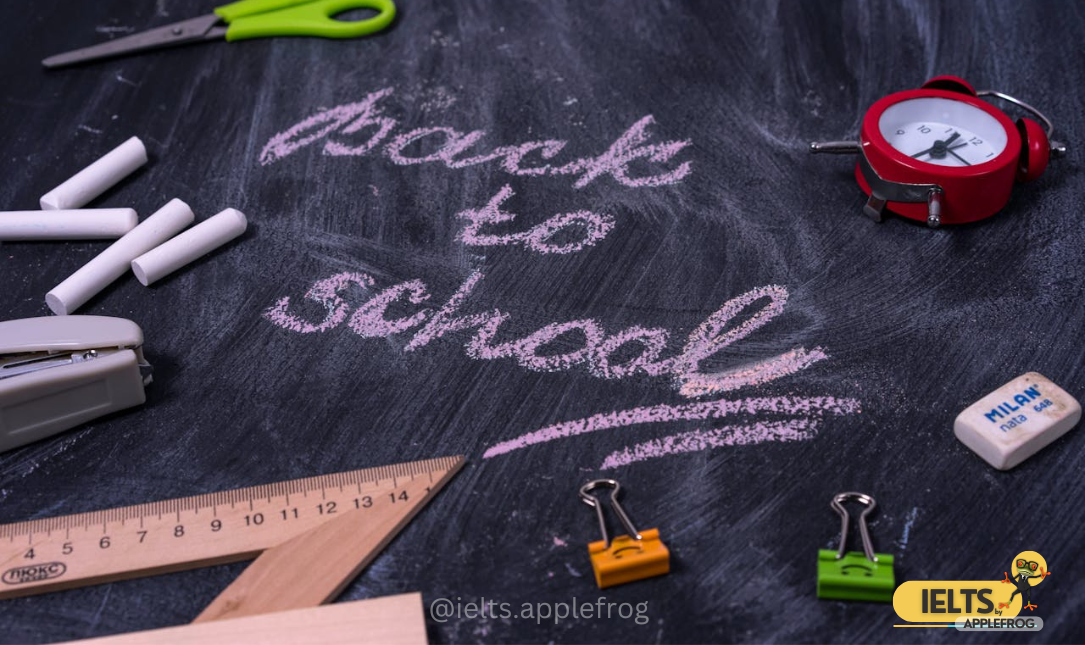
Indefinite Adjectives
Indefinite adjectives modify nouns by expressing a non-specific or general quality, quantity, or number. They give a broad idea about the noun without providing a precise or definite description.
Points About Indefinite Adjectives:
- Definition: Indefinite adjectives modify nouns to express an unspecified or general quality, quantity, or number. Example: “There are some trees in the garden.”
-
Types of Indefinite Adjectives:
- Some: Refers to an unspecified amount or number. Example: “She has some good ideas.”
- Any: Refers to an unspecified quantity, often used in negative or question forms. Example: “Do you have any questions?”
- Several: Indicates more than two but not many. Example: “I found several coins on the ground.”
- Few: Refers to a small number. Example: “Only a few students showed up for the seminar.”
- Many: Indicates a large number. Example: “There are many people at the concert.”
- Much: Refers to a large quantity, often used with uncountable nouns. Example: “She has much patience.”
- Most: Refers to the majority. Example: “Most children love video games.”
- All: Refers to the entire amount or group. Example: “All players must arrive on time.”
- Each: Refers to every individual member of a group. Example: “Each person must bring their own lunch.”
- Every: Refers to all members of a group, typically used for singular nouns. Example: “Every flower in the garden is blooming.”
- No: Indicates none or zero amount. Example: “There is no water left in the bottle.”
- Another: Refers to one more of the same kind. Example: “Can I have another slice of pizza?”
- Other: Refers to a different one. Example: “I need to find another route.”
- Various: Refers to different types or kinds. Example: “The store offers various types of cheese.”
- Certain: Refers to something specific but not clearly defined. Example: “I have a certain idea in mind.”
-
Non-Specificity: Indefinite adjectives do not specify exact quantities, qualities, or identities of the nouns they modify.
Examples:
- “Some chairs” (referring to an unspecified number of chairs).
- “Many students” (referring to an unspecified large number of students).
-
Quantity: Indefinite adjectives can refer to an undetermined or unspecified amount.
Examples:
- “I need some sugar.”
- “There are many restaurants in this area.”
-
Generalization: Indefinite adjectives are often used to make broad or general statements.
Examples:
- “All birds can fly.”
- “Some students prefer online learning.”
-
Plural Agreement: Indefinite adjectives usually agree with plural nouns.
Examples:
- “Several books” (plural noun).
- “Many cars” (plural noun).
-
Use in Questions: Indefinite adjectives are often used in questions to inquire about non-specific information.
Examples:
- “Do you have any advice for me?”
- “Are there any other places we can visit?”
-
Comparative Forms: Some indefinite adjectives have comparative forms to express different degrees of quantity or quality.
Examples:
- “More,” “less,” “fewer” are comparative forms of some indefinite adjectives.
Indefinite adjectives help create a sense of openness, enabling communication without needing to specify exact details
Indefinite adjectives are ideal for expressing general ideas or describing a broad category. They allow for flexibility and non-specificity when exact details or numbers are unnecessary or unknown.
RELATED POST












 Here can be your custom HTML or Shortcode
Here can be your custom HTML or Shortcode
0 Comments